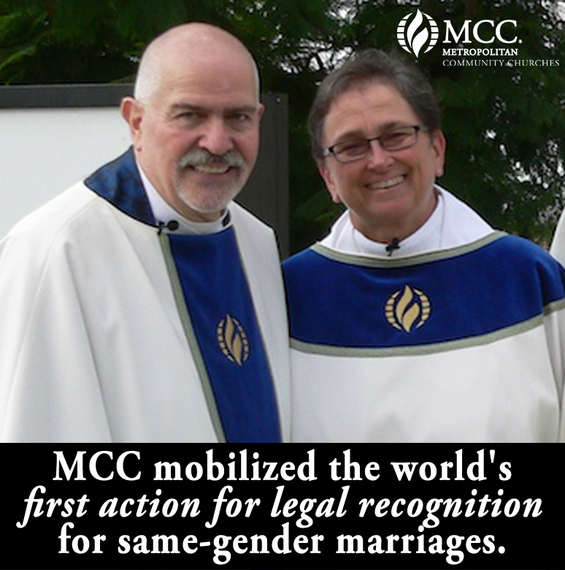Legal Scholar Says Don’t Panic Over Justice Kennedy’s Questioning Of Marriage Equality
 The justices asked tough questions of both sides during oral argument, particularly Justice Kennedy and Chief Justice Roberts who are often believed to be “swing votes.” Throughout their peppering questions, neither clearly tipped their hat in any meaningful way.
The justices asked tough questions of both sides during oral argument, particularly Justice Kennedy and Chief Justice Roberts who are often believed to be “swing votes.” Throughout their peppering questions, neither clearly tipped their hat in any meaningful way.
While proponents and opponents alike will take little solace in reading the tea leaves, the rigorous exchanges are important for preserving the integrity of the judicial process and the Court’s legitimacy.
Justice Kennedy’s questions suggest that he is torn between seeing marriage as an institution intended to confer dignity on spouses and an institution that for millennia was understood to be between a man and a woman. There should be caution in reading too much into this. Justice Kennedy mentioned this tension in his pro-marriage equality decision in Windsor. Kennedy’s questioning of the attorney representing the states provided the most insight when the states’ representative argued that marriage is not about conferring dignity on spouses. Justice Kennedy responded that the whole point was recognizing that same-sex couples “have a dignity that can be fulfilled” in marriage.
For the Chief Justice, the crux of his questions seem to rest on questions of the democratic process and whether the Court would prematurely end debate on same-sex marriage if the justices rule in favor of the couples in June. Those lines of questions are noteworthy, in part, because the Chief Justice almost certainly played an important role in expanding marriage from 19 states to 37 states in the last six months by denying petitions to hear other marriage cases and rejecting applications to delay the implementation of decisions favoring same-sex marriage.
Most observers going into oral arguments believed that same-sex marriage proponents will win when the Supreme Court rules in June. Nothing today gives cause to believe those initial predictions are wrong.
Anthony Michael Kreis is a doctoral student at the University of Georgia’s School of Public and International Affairs, specializing in sexual orientation, judicial decision making, social change and the law. He holds a law degree from Washington and Lee University. Since 2010, he’s worked on religious liberty issues in proposed same-sex marriage legislation. He is the author of a series of articles and is currently working on a book length project the courts and same-sex marriage.
Chris Bull




